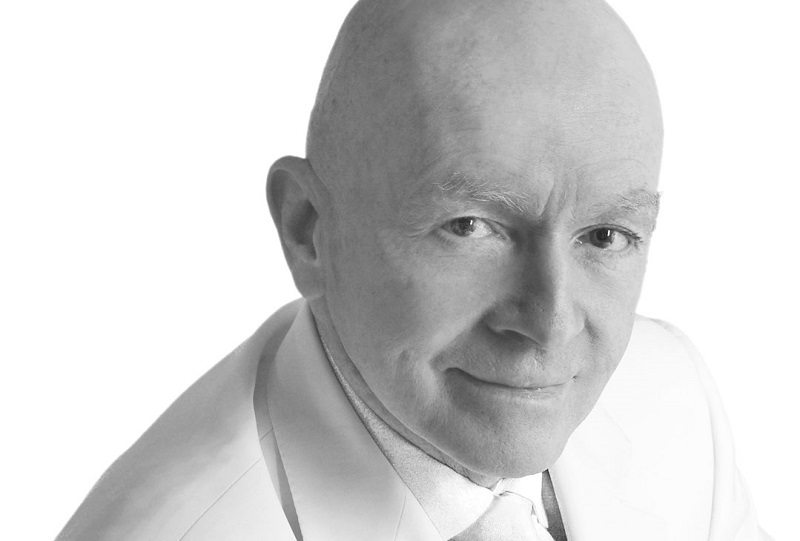Mobius, 81, left Franklin Templeton in January this year, after a 30-year career, during which he established and led the firm’s emerging markets group. He recruited Carlos Hardenberg and Greg Konieczny late last month.
The three managers worked together at Franklin Templeton for more than a decade. They had in mind launching an ESG fund for “almost a year now”, according to Hardenberg. Doing it in a small, independent firm allows them to be highly focused, unlike at Franklin Templeton, where Mobius’s team ran 80 portfolios. They will also be more flexible in setting their own policies on the use of techniques such as derivatives.
The new fund will be a best-ideas, benchmark-agnostic, highly concentrated portfolio of up to 30 stocks, initially small and medium companies. It will be run as a long-only strategy, but it will use derivatives to limit risk.
“We are interested in companies that do not meet those [ESG] standards yet, but are susceptible to improvements,” Mobius told Portfolio Adviser sister title Fund Selector Asia. “We want to go in and say: Let’s work together with the management to improve their governance, and through that improve their social and environmental behaviour.”
The approach stems from the understanding that poor governance standards in many emerging markets lead to investors’ higher perception of risk and therefore lower valuations.
“In Africa or some of the smaller Latin American and South-East Asian countries you find a lot of companies that are really in the dark [about ESG],” said Hardenberg. “They are quite open to hearing from shareholders what they expect in terms of ESG, governance, oversight and transparency. That’s where we’re trying to play a role.”
Direct Access
Mobius’s standing within the industry will be the key to opening companies’ doors and exerting influence on their management practices.
“We have unique and direct access to the management, the boards and the owners of the companies,” said Konieczny. “We don’t have to go through third parties or build large holdings in the companies to facilitate a meeting or a discussion with key stakeholders.”
“Even with a relatively insignificant holding, having the owners and the boards that want to listen and want to deliver value to shareholders, it’s easy to change the mindset of the companies,” he continued. “Sometimes, it’s all about education on what can be done to make improvements.”
While Mobius is an expert on corporate governance, having served on the World Bank’s Global Corporate Governance Forum, he will be supported in this area by Konieczny, who managed, on behalf of Franklin Templeton, Romania’s state investment fund Fondul Proprietatea, since 2011. “It involved a lot of work with [private] companies but also with the Romanian government,” noted Hardenberg.










